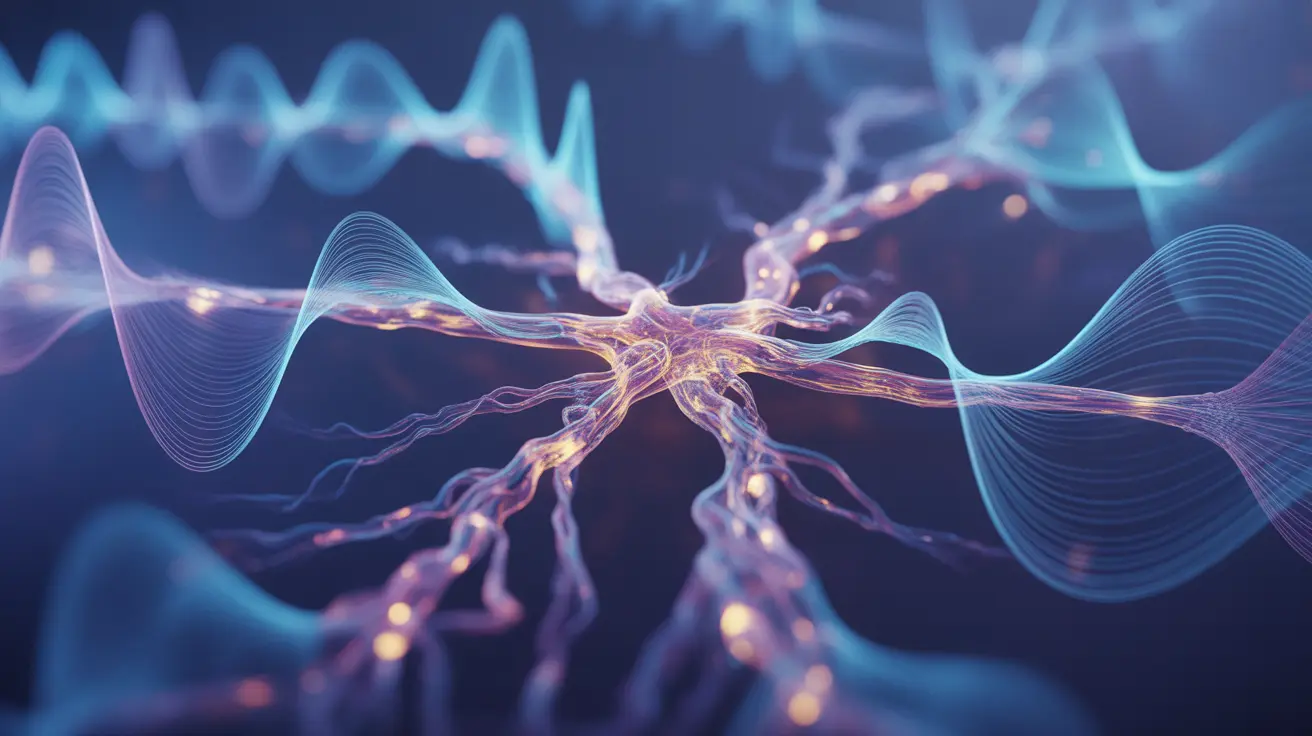Living with migraines can be challenging enough on its own, but when combined with tinnitus (ringing in the ears), the experience can become even more distressing. Many people are surprised to learn that these two conditions often occur together, creating a complex set of symptoms that can significantly impact daily life.
In this comprehensive guide, we'll explore the relationship between migraines and tinnitus, understand why they frequently co-occur, and discuss effective management strategies for both conditions.
The Link Between Migraines and Tinnitus
Migraines and tinnitus share several underlying mechanisms that help explain their connection. When experiencing a migraine attack, changes in neural activity and blood flow can affect the auditory system, potentially triggering or worsening tinnitus symptoms. This relationship is particularly evident in vestibular migraines, which affect both the balance system and hearing functions.
Common Triggers and Risk Factors
Several factors can contribute to both migraine attacks and tinnitus episodes:
- Stress and anxiety
- Changes in blood pressure
- Lack of sleep or poor sleep quality
- Certain medications
- Loud noise exposure
- Dietary triggers
- Hormonal changes
Understanding Vestibular Migraines
Vestibular migraines represent a specific type of migraine that particularly affects the balance system and can cause various ear-related symptoms. These migraines often present with distinct characteristics that set them apart from traditional migraines.
Key Symptoms of Vestibular Migraines
Common symptoms include:
- Vertigo or dizziness
- Tinnitus (ringing in ears)
- Sensitivity to sound
- Balance problems
- Nausea
- Head pain (though not always present)
Managing Combined Symptoms
When dealing with both migraines and tinnitus, a comprehensive management approach is essential. This typically involves both immediate relief strategies and long-term preventive measures.
Immediate Relief Strategies
During an acute episode, consider these management techniques:
- Finding a quiet, dark room to rest
- Using sound therapy or white noise
- Applying cold or warm compresses
- Practicing relaxation techniques
- Taking prescribed medications as directed by your healthcare provider
Long-term Prevention Approaches
To reduce the frequency and severity of episodes, consider implementing these lifestyle changes:
- Maintaining a regular sleep schedule
- Managing stress through meditation or yoga
- Following a balanced diet
- Staying hydrated
- Avoiding known triggers
- Regular exercise (when not experiencing symptoms)
Frequently Asked Questions
Can migraines cause ringing in my ears, and if so, why? Yes, migraines can cause ringing in the ears (tinnitus) due to the relationship between neural pathways affecting both conditions. During a migraine, changes in blood flow and nerve activity can trigger or worsen tinnitus symptoms.
How do I manage tinnitus symptoms when they occur during a migraine? To manage tinnitus during a migraine, try using sound therapy, practicing relaxation techniques, and finding a quiet environment. Some people find relief with white noise machines or gentle background sounds. Always follow your healthcare provider's recommended treatment plan.
What are the most common symptoms of vestibular migraine, and how does it relate to tinnitus? Vestibular migraines commonly cause dizziness, balance problems, and tinnitus. These symptoms occur because vestibular migraines affect both the balance system and auditory processing centers in the brain, often leading to ear-related symptoms.
Are there any lifestyle changes that can help reduce the frequency of migraines and tinnitus episodes? Yes, maintaining regular sleep patterns, managing stress, staying hydrated, following a balanced diet, and avoiding known triggers can help reduce the frequency of both migraines and tinnitus episodes.
Can stress and sleep disturbances exacerbate both migraines and tinnitus, and how can I mitigate these effects? Yes, both stress and sleep disturbances can worsen migraines and tinnitus. To mitigate these effects, establish a regular sleep schedule, practice stress-management techniques like meditation or deep breathing, and consider working with a healthcare provider to develop a comprehensive management plan.




